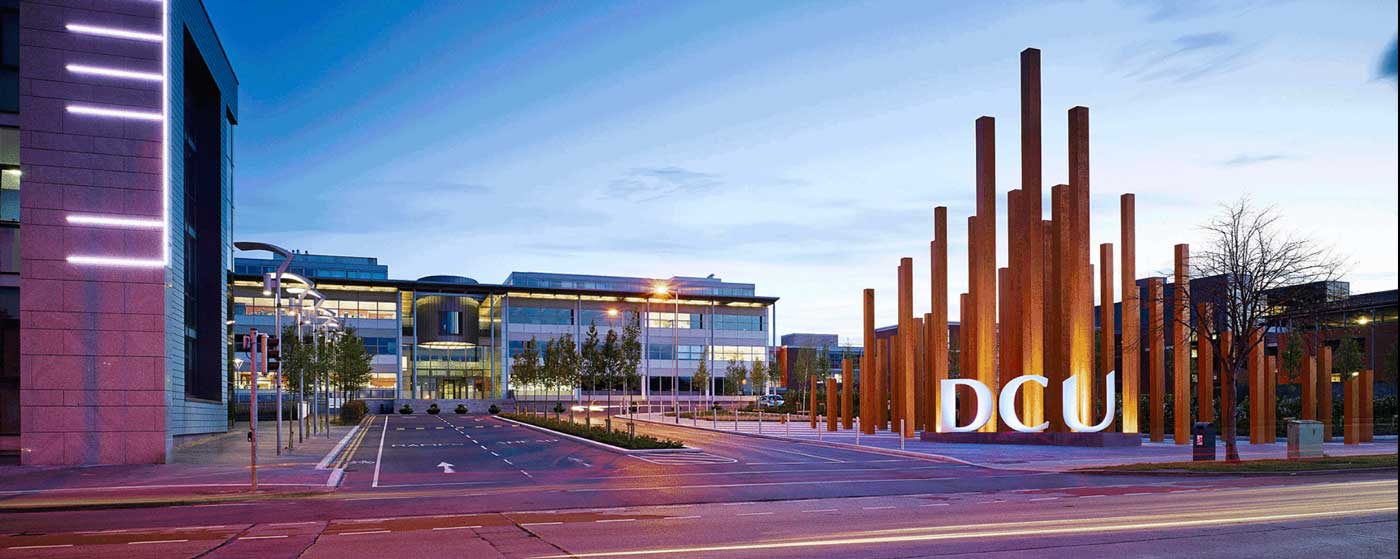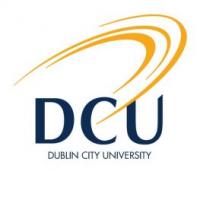MSc in Astrophysics & Relativity
The MSc in Astrophysics and Relativity is a new one-year full-time or two-year part-time course. Students will gain advanced knowledge of astrophysics, general relativity, computational science and data analysis and the up-to-date skills required to understand the universe we live in. You will also learn a variety of computational and data analysis skills that are highly sought-after in a wide range of industries.
The detection of gravitational waves by the LIGO and VIRGO gravitational-wave observatories and developments in electromagnetic based observations are contributing to the continued growth of the fields of astrophysics and cosmology, for example, the direct imaging of the black hole at the centre of the galaxy M87 by the Event Horizon Telescope. There is a need to increase the number of scientists with the advanced knowledge and skills required to work in these fields, modelling the behaviour of high-energy sources, predicting their electromagnetic and gravitational wave emissions, observing these signals, and analysing the corresponding data streams.
Intakes
- Jan
- Sep
Application Processing Time in Days: 10
Application Process
Minimum English Language Requirements
| English Level Description | IELTS (1.0 -9.0) | TOEFL IBT (0-120) | TOEFL CBT (0-300) | PTE (10-90) | |
|---|---|---|---|---|---|
| Expert | 9 | 120 | 297-300 | 86-90 | |
| Very Good | 8.5 | 115-119 | 280-293 | 83-86 | |
| Very Good | 8 | 110-114 | 270-280 | 79-83 | |
| Good | 7.5 | 102-109 | 253-267 | 73-79 | |
| Good | 7 | 94-101 | 240-253 | 65-73 | |
| Competent | 6.5 | 79-93 | 213-233 | 58-65 | |
| Competent | 6 | 60-78 | 170-210 | 50-58 | |
| Modest | 5.5 | 46-59 | 133-210 | 43-50 | |
| Modest | 5 | 35-45 | 107-133 | 36-43 | |
| Limited | 4 | 32-34 | 97-103 | 30-36 | |
| Extremely Limited | < 4 | < 31 | < 93 | < 30 |
Job Opportunity Potential
The Careers Service is DCU’s central hub for employability. Through learning and development initiatives, we empower students to shape their futures to become successful in their chosen career paths; provide opportunities to connect students with the agile nature of the world of work; and be a leading player in the talent development and employer engagement for our local, national and global communities.
PSW Opportunity
Honours undergraduate degree holders (Level 8) can stay in Ireland to work (and/or to seek employment) for 12 months after finishing their studies, and
Masters and postgraduate students (Levels 9 and 10) can work for up to 2 years after they graduate.
Admission Requirement / Eligibility Criteria
- Course Code: DC742
- Course Type: Full Time
- Course Level: Masters/PG Degree
- Duration: 01 Year
-
Total Tuition Fee:
16000 EUR
Annual Cost of Living: 10500 EUR
Application Fee: 50 EUR
Similar Programs
- MSc in Biotherapeutics at Dublin City University (DCU)
- MSc in Climate Change: Policy, Media and Society (MCC) at Dublin City University (DCU)
- MSc in Emerging Media at Dublin City University (DCU)
- MSc in Science and Health Communication at Dublin City University (DCU)
- Master of Science in Computing (with Major Options) at Dublin City University (DCU)
- MSc in Diagnostics and Precision Medicine at Dublin City University (DCU)

